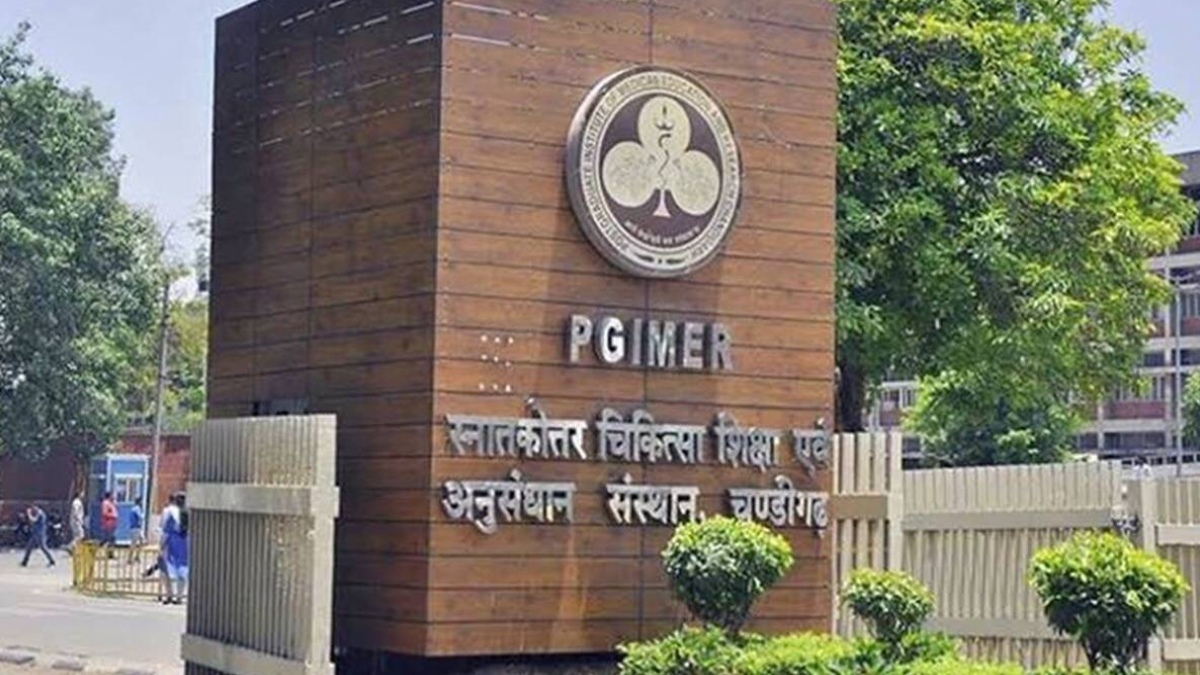


India is the first country to have two collaborating centres with World Psychiatry Association to work on public mental health. Prof. Debasish Basu, head of the department, briefed the launch of its public mental health programme in collaboration with the World Psychiatric Association (WPA).
The World Psychiatric Association (WPA), which is the global association of 147 psychiatric societies across 121 countries, approved the Department of Psychiatry at PGIMER, Chandigarh, as one of its collaborating centres.


As of now, there are only eight WPA Collaborating Centres in the world – UK, Egypt, South Africa, Hong Kong, Kenya, Qatar, Italy and India. Further, India is the only country in the world where the WPA has agreed to start two collaborating centres, the other one being in NIMHANS, Bengaluru.
A WPA Collaborating Centre is an entity designated as part of an international collaborative network and committed to conducting activities that support the WPA mission, in particular its triennial action plan.
The WPA Collaborating Centres have a major role in enabling the advancement of mental health for countries in the region or worldwide. They provide support in developing, delivering, and sharing educational, research, and publications expertise and resources, and policy and practice developments in the field of psychiatry. The mission is to enable countries in the region to develop, strengthen, and offer continuing support to develop human resources for mental health at all levels.
Adding further, Dr Basu said that the Public mental health (PMH) takes a population approach to mental health which includes assessment and strategic decisions to improve coverage, outcomes and coordination of different levels of mental disorder prevention and mental wellbeing promotion. It aims to sustainably improve population mental health through coordinated working with a range of public, third sector, other organizations, local communities, and individuals.